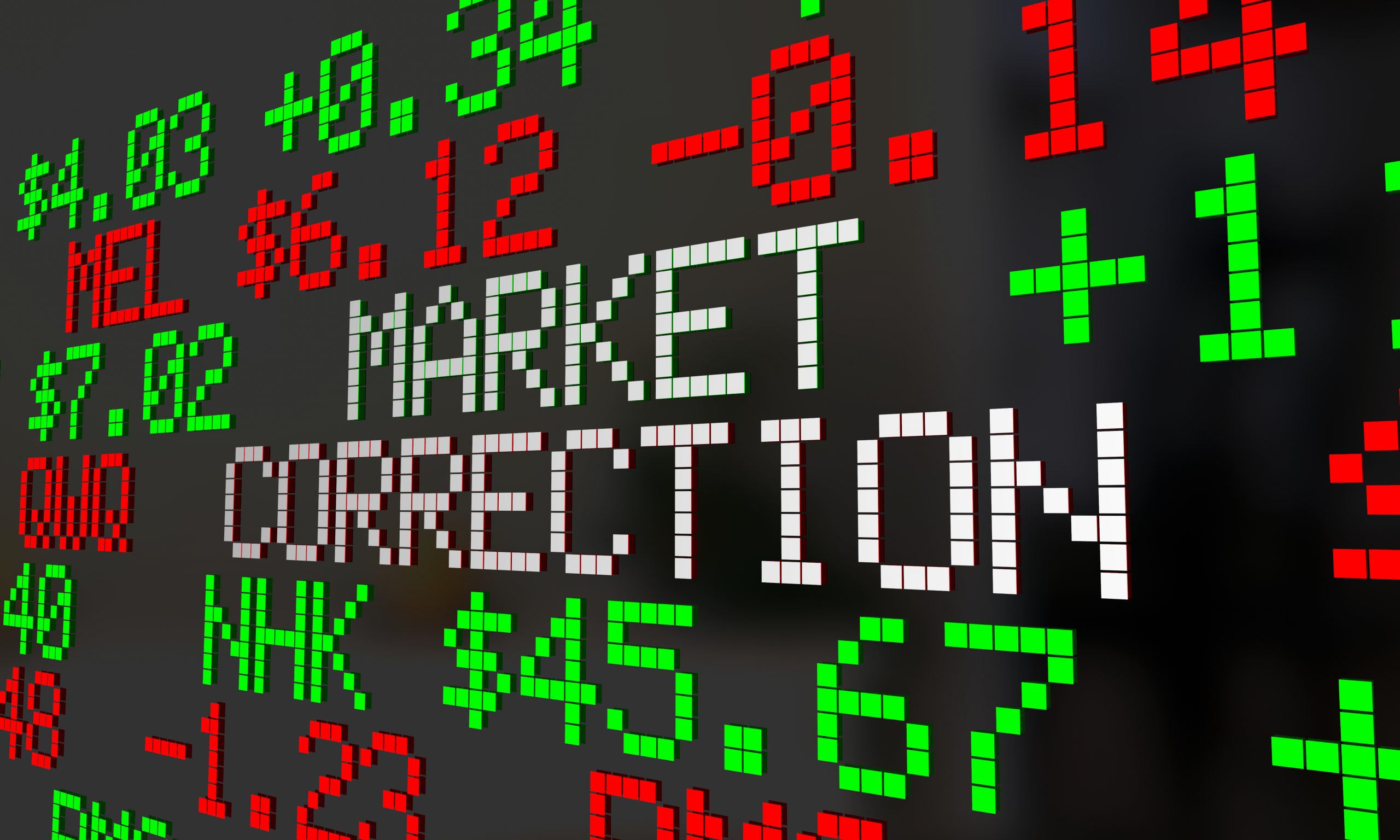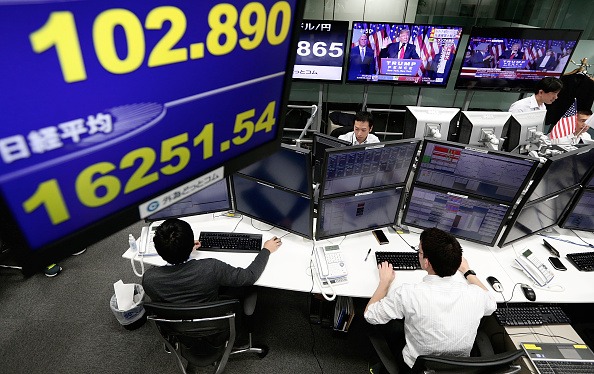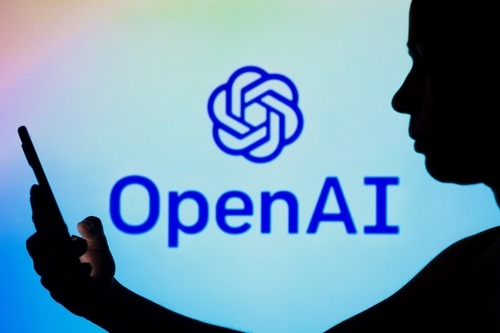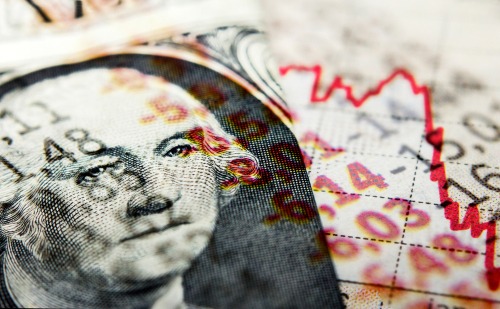Twitter, Elon Musk and ‘Poison Pills’
Elon Musk's planned buyout of Twitter (TWTR) hit a roadblock on April 15 after the social media company announced it was adopting a shareholder rights plan—commonly referred to as a "poison pill."

Popularized in the early 1980s, poison pills are typically utilized as a defensive tactic to ward off unwelcome takeover attempts. Structurally, the adoption of the shareholder rights plan provides the company with the option of diluting its stock—a maneuver that increases the associated cost of buying out the company.
While there are various types of shareholder rights plans, one of the most commonly used in this type of situation is the flip-in provision. The flip-in provision bestows existing shareholders with the right to acquire additional shares of the company at a discount.
This kind of provision prohibits the potential acquirer from participating in that process, and the poison pill is triggered when the hostile entity passes a certain threshold of ownership in the company.
For example, the plan could be triggered if any single shareholder purchased 15% of a company’s total shares outstanding.
In 2012, Netflix (NFLX) adopted a poison pill that stipulated if any single shareholder acquired more than 10% of the company, then existing shareholders would have the right to purchase two new shares for the price of one.
When a poison pill is triggered, existing shareholders increase their percentage of ownership in the company. On the other hand, the hostile entity suffers an involuntary decline in its percent ownership due to its inability to participate in the discounted share sale.
Historically, poison pills have been highly effective in blocking unfriendly takeover attempts. In cases where the poison pill fails, the tactic typically delays the transaction, or forces the hostile entity to pay a higher premium for the target company.
On April 13, Elon Musk offered $43 billion, or $54.20/share, for all the outstanding shares of Twitter stock. He first disclosed his active investor position in Twitter on April 3 and currently owns 9.2% of the company.
It’s been reported that when Musk made his formal bid to the Twitter board, he characterized the offer as “best and final.” Considering Twitter’s recent enactment of the poison pill, the likelihood of a deal being consummated in the near future seems low.
Shares in Twitter are currently trading around $46/share, which is roughly 18% below the proposed deal price.
Initial reports suggest that Twitter’s poison pill would be enacted if a single shareholder were to acquire more than 15% of the company—assuming that share accumulation did not have the approval of the Twitter board of directors. The poison pill is set to expire on April 14, 2023.
Some market pundits have also questioned the veracity of Musk’s offer, because successful takeovers are often executed using “tender offers.” The fact that Musk offered $54.20/share for Twitter, after previously offering $420/share to take Tesla (TSLA) private in 2018, is another curious aspect of the proposal.
A tender offer is another method by which an acquirer can purchase a substantial portion of a company’s stock from existing shareholders. Tender offers are typically made public and invite existing shareholders to sell their shares to the potential acquirer for a specified price and within a particular window of time.
Musk introduced the possibility of a forthcoming tender offer via an April 16 post on Twitter, but in a very indirect way—by tweeting the title of Elvis’ song Love Me Tender, as shown below.
Aside from a formal tender offer, another approach that would improve Musk’s chances would be if the existing Twitter shareholders banded together and forced the adoption of so-called “antidote bylaws.” Such measures could be used to remove the poison pill, or at least allow for a shareholder vote on the poison pill’s continued existence.
Another possible scenario is that other potential acquirers emerge—effectively setting off a bidding war. However, any new players would have to overcome the poison pill, as well.
For context, the all-time closing high in Twitter stock is $77.63/share, which is roughly 43% higher than Musk’s current bid of $54.20/share.
For updates on everything moving the markets, including the potential Twitter takeout, readers are encouraged to tune into TASTYTRADE LIVE, weekdays from 7 a.m. to 4 p.m. CDT.
Sage Anderson is a pseudonym. He’s an experienced trader of equity derivatives and has managed volatility-based portfolios as a former prop trading firm employee. He’s not an employee of Luckbox, tastytrade or any affiliated companies. Readers can direct questions about this blog or other trading-related subjects, to support@luckboxmagazine.com.




















